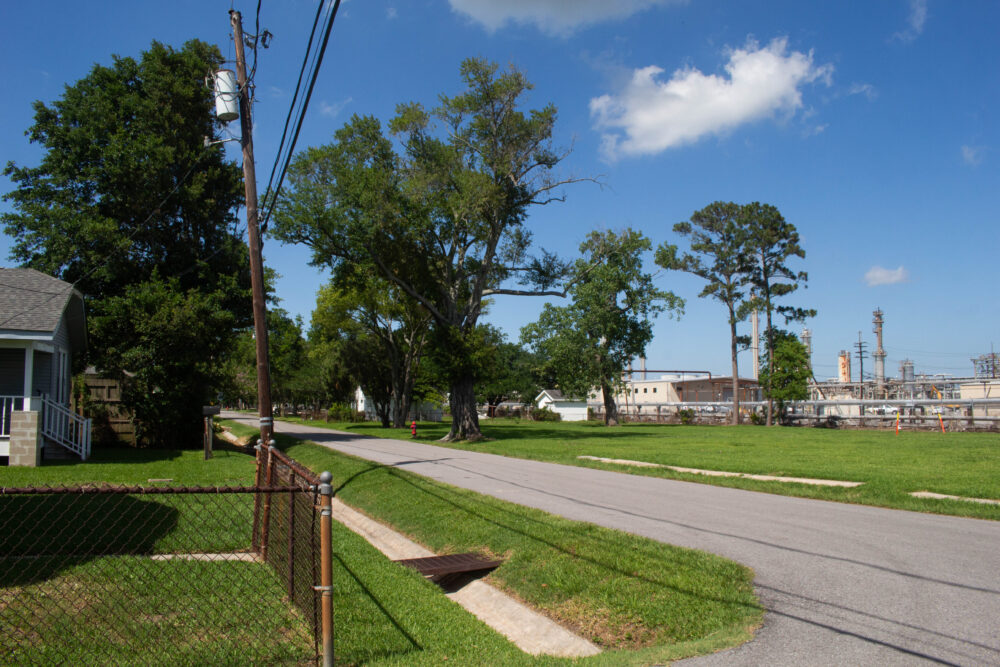We have much more to do and your continued support is needed now more than ever.
Reduce Emissions, When Politically Convenient
Just yesterday, President Bush was basking in the glow of the freshly-signed energy bill, taking credit for improved fuel economy standards and expanded biofuels mandates.
But it turns out the White House’s green party only lasted until sundown. Just moments after network nightly newscasts started to air the footage of the meticulously-staged signing ceremony, President Bush’s own Environmental Protection Agency blocked the effort of California and other states to regulate tailpipe emissions of greenhouse gases. While the new federal energy law would require an average fleet fuel economy of 35 mpg by 2020, California officials estimate their new emissions standard would achieve an average of at least 36 mpg by 2016.
With a single ruling, the White House simultaneously turned its back not only on the Clean Air Act, 18 governors and states (representing half of all Americans), and more than 100,000 public comments, but according to the Washington Post, the EPA contradicted its own staff:
“Environmental Protection Agency Administrator Stephen L. Johnson yesterday denied California’s petition to limit greenhouse gas emissions from cars and trucks, overruling the unanimous recommendation of the agency’s legal and technical staffs.”
California Gov. Arnold Schwarzenegger immediately promised legal action:
“While the federal energy bill is a good step toward reducing dependence on foreign oil, the President’s approval of it does not constitute grounds for denying our waiver. It is disappointing that the federal government is standing in our way and ignoring the will of tens of millions of people across the nation. We will continue to fight this battle. California sued to compel the agency to act on our waiver, and now we will sue to overturn today’s decision and allow Californians to protect our environment.”
As Grist’s David Roberts details, it’s hard not to conclude this decision was based more on politics than policy:
“This flies in the face of the clear language of the CAA and the just-passed energy bill, both of which explicitly reserve for California the right to exceed federal fuel economy standards. It also directly contradicts rulings in several recent court cases. Johnson’s legal reasoning has no support outside of Bush administration political appointees.
In short, as Johnson all but admitted, this decision was made based on a “policy preference” of the White House — exactly what was prohibited by the Supreme Court’s ruling in Mass. v. EPA.”Look, President Bush deserves credit for signing the energy bill. As he himself said, the energy bill is “a major step toward reducing our dependence on oil, confronting global climate change, expanding the production of renewable fuels and giving future generations of our country a nation that is stronger, cleaner and more secure.”
But his EPA deserves the heat it’s getting for its indefensible decision. The blatant contradiction leads to a legitimate question. Are energy independence, climate action, and a clean energy future only goals when the spotlight is shining and the pressure is intense?





















